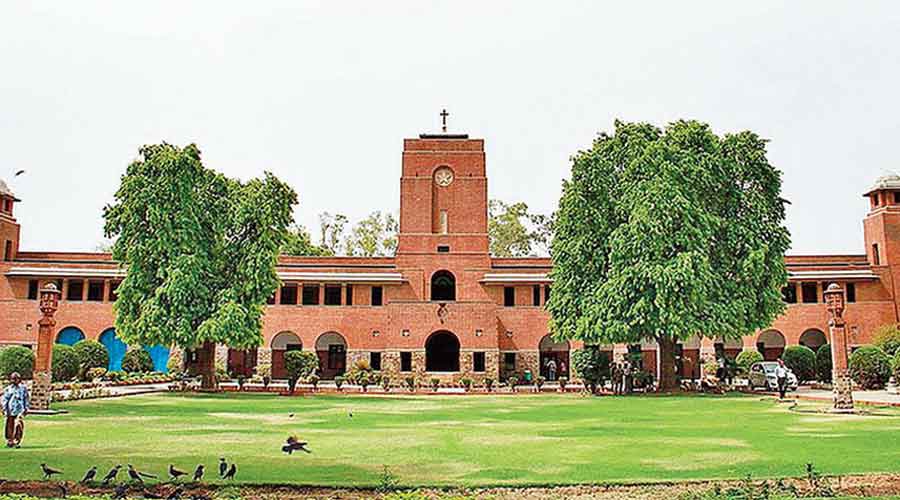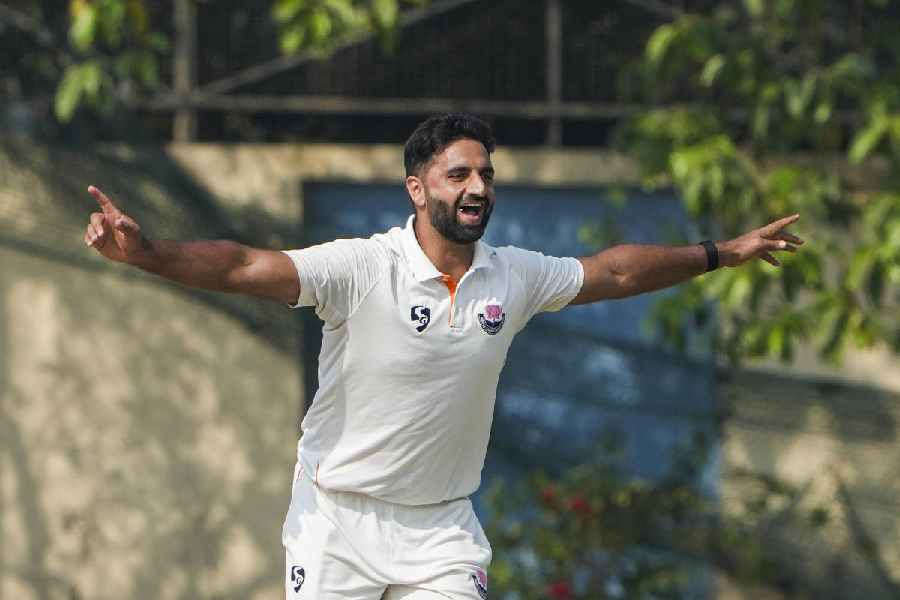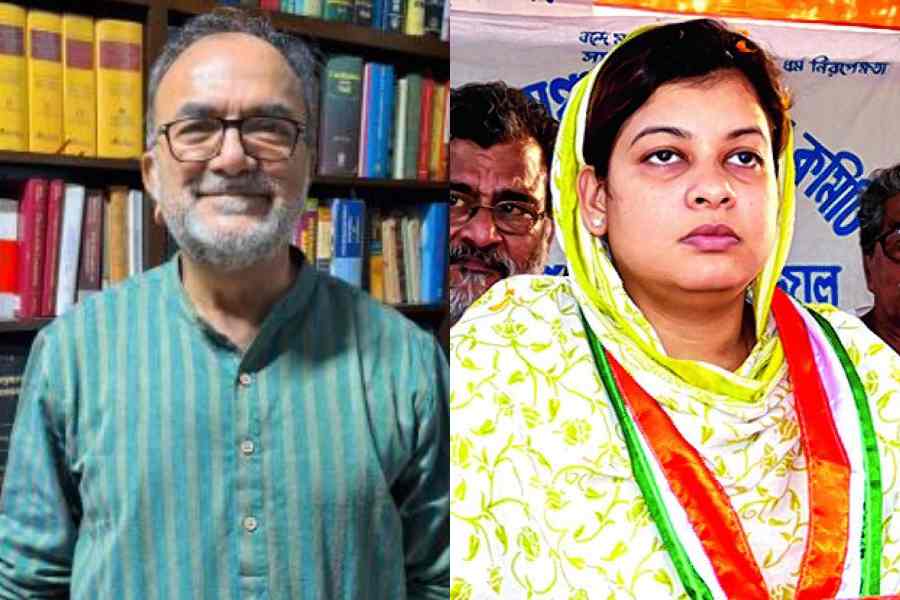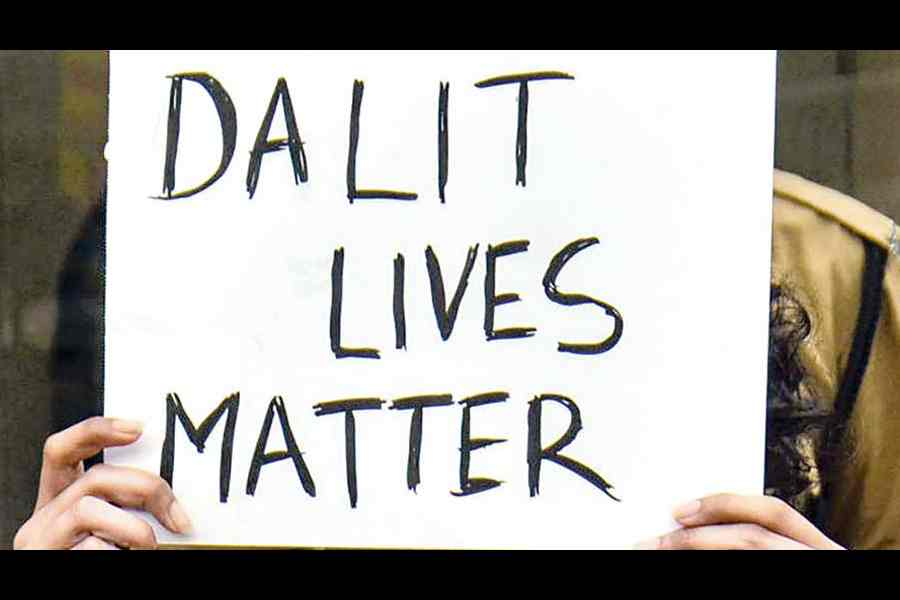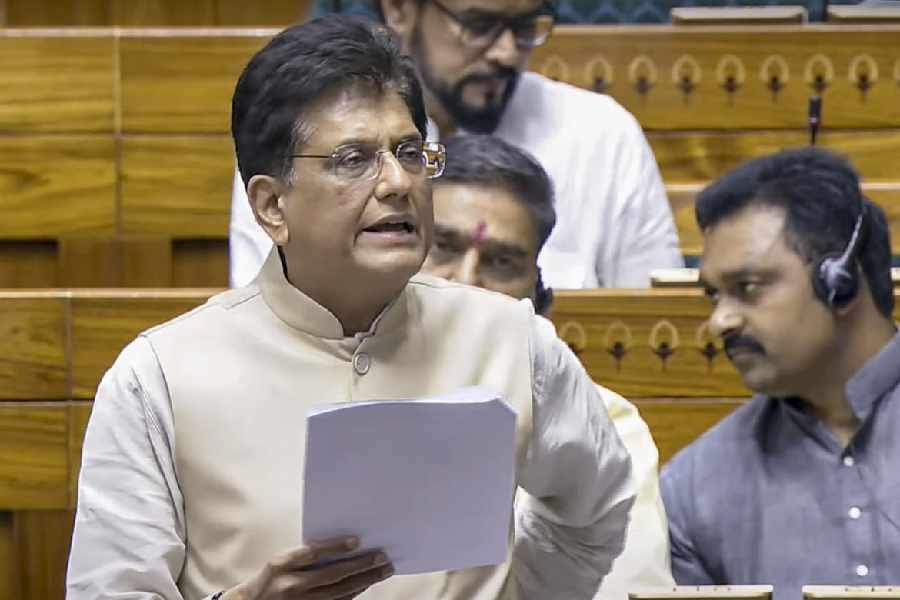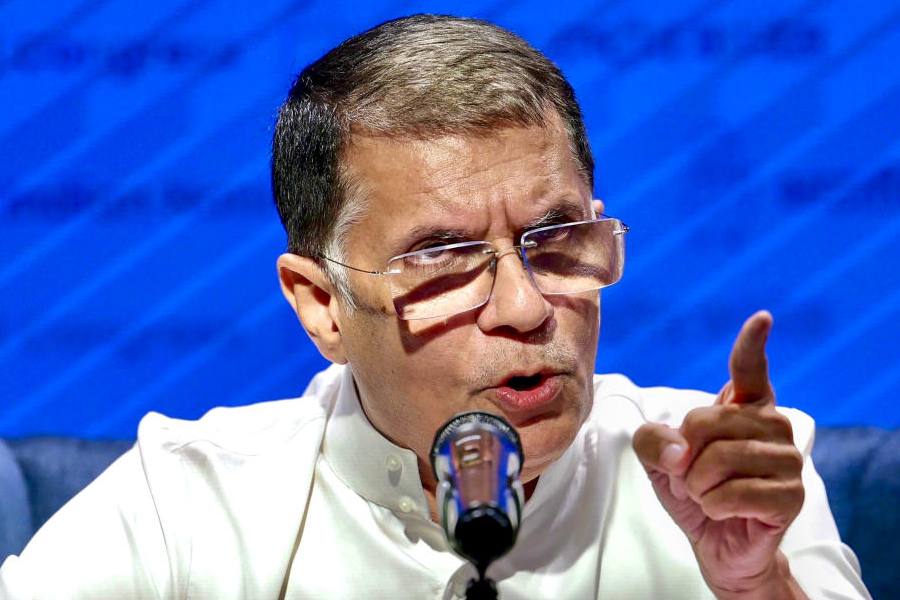Delhi University (DU) has initiated the process of changing its curriculum for the third time in seven years, prompting academics to fear that frequent revisions with little funding could convert varsities into “experimental labs” without achieving the desired results.
An expert committee headed by Prof. Vivek Suneja is examining possible changes to the existing curriculum in order to implement the government’s National Education Policy. The committee appointed by vice-chancellor P.C. Joshi held a meeting last week where it discussed, among other things, integrating skill-based courses with undergraduate programmes in science, humanities and commerce.
According to the proposed structure being discussed by the committee, each programme will include courses in vocational skills. General BA, BSc and BCom courses at DU now do not have any skill component.
In 2013, DU had introduced a Four-Year Undergraduate Programme (FYUP) that had skill-training programmes. In 2015, the Centre told DU to discontinue the FYUP, saying it did not have the approval of the visitor, the President of India.
In 2015, DU had implemented the University Grants Commission (UGC)’s directive to varsities to introduce a Choice-Based Credit System (CBCS), allowing students of a particular stream to study up to 30 per cent of the syllabus of another discipline. But in 2019, the UGC modified the CBCS and asked universities to introduce a Learning Outcome-Based Framework (LOCF) with focus on skill enhancement. The universities are yet to implement them. Now, the government wants all public universities to implement the FYUP under the National Education Policy (NEP).
The policy prescribes enhancing the duration of undergraduate courses from three years to four years with multiple exit options. Those completing four years will get a bachelors with research degree.
The DU committee is also considering the integration of subjects on Indian languages with foundation courses in natural environment and ethics, two members said.
Abha Dev Habib, a faculty member of Miranda House College and former executive council member of DU, said continuous changes in the curriculum were not an academically sound measure.
“We have been witnessing continuous changes in curriculum since 2010. Any change in the academic curriculum takes time to show results. But changing the curriculum every two years is not an academically sound measure. We should not convert universities into experimental labs,” she said.
Habib said the plan to integrate skill courses should be backed by understanding of the system.
“There is hardly any space in colleges to add labs for skill courses, nor is there any promise of grants. The colleges have implemented the quota for the economically weaker sections (EWS) without expansion in infrastructure and faculty strength,” Habib said
After Class XII, students have the option of joining professional courses such as engineering or medicine, or skill courses at the polytechnics or general courses such as BA, BCom and BSc.
“Integration of skill courses with general courses will dilute the quality of skill training and also the general BA, BCom and BSc courses. Ultimately, the quality of degrees awarded by public universities will be diluted. It will help private universities to prosper,” Habib said.
DU executive council member J.L. Gupta questioned the procedure of setting up the Suneja committee.
“The Academic Council, comprising deans, heads of departments and teachers, is the appropriate body to decide academic matters. If they wanted, they could have set up a committee. But the vice-chancellor has set up a committee without going to the Academic Council. This is wrong,” Gupta said.

